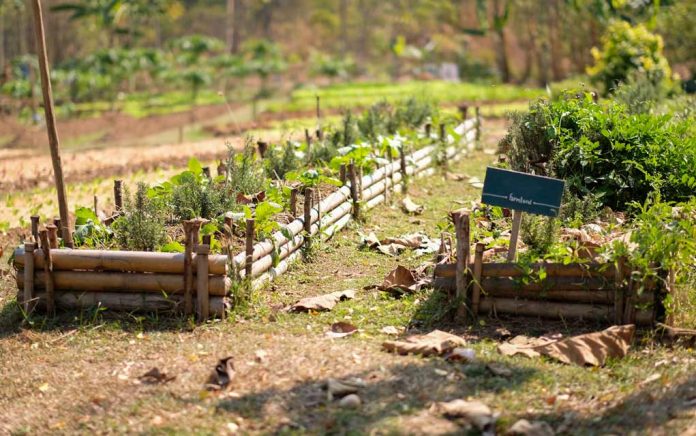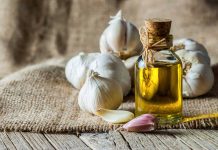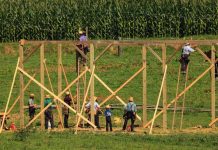
(TacticalNews.com) – Keeping a garden is a great way to provide yourself with food. Unfortunately, most of the time, people need to replant their gardens annually, which takes quite a bit of work. Thankfully, there are several plants you can grow to avoid all that tilling and planting year after year.
Asparagus
Never harvest asparagus during its first year of growth. However, after the first initial year, you can use most of the shoots. The leftover shoots will flower and be ready to harvest in the next year. You can grow this crop well all over the United States, with the exception of Zone 8 and higher, where the climate is warmer. Asparagus needs to go completely dormant in the winter to maintain its hardiness.
Strawberries
Home-grown strawberries are much better than the store-bought ones, which are often picked unripe. These plants die completely back in the winter but return the following spring. So, depending on the climate of the area you live in, you can expect to eat fresh strawberries between February and June. Some plants, after berry production, will have runners, which will replant themselves if left be. However, if you want to increase berry production, snip these runners off.
Garlic and Onion
Some of the easiest perennials to grow, garlic and onion remain hardy even through the winter. Plant either of them in the fall, and by spring, you’ll see the greens begin to shoot up. Be sure to leave some shoots behind, so they can flower and seed, effectively ensuring a crop of both plants for next year. The best part is you don’t have to do much other than harvest them and do the initial planting.
Fennel
If grown between zones 5 and 10, fennel plants can be true perennials and survive winter conditions. When planted annually, we recommend starting with the Florence fennel bulb. Fennel seeds are aromatic and commonly used to season foods. The thick bulbs are great for salads, or you can eat them roasted or grilled.
Gardening is certainly a great way to supply yourself with food, but it’s not the only way to get fruits and vegetables. You can also forage for your food; however, beware of these common foraging mistakes that could turn out to be fatal.
Copyright 2021, TacticalNews.com



















